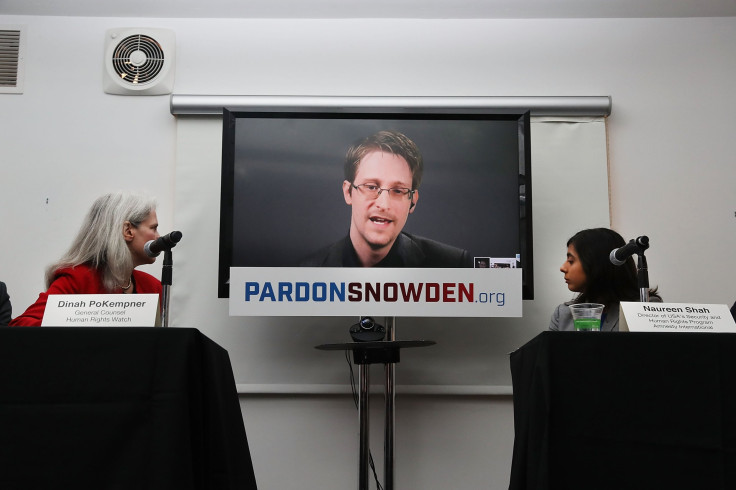Edward Snowden Warns Donald Trump May Increase Domestic Spying

Even though President-elect Donald Trump has, like on many other issues, made contradictory statements about Edward Snowden, the former NSA contractor-turned-whistleblower is of a more consistent stance when it comes to surveillance under a Trump presidency.
Speaking through teleconference from Moscow, where he has been living in exile since 2013, Snowden told a gathering at the law school in Buenos Aires University on Monday the election of Trump raised concerns of increased intrusiveness of U.S. domestic surveillance programs.
Snowden told the gathering: “We are starting to substitute open government for sheer authoritarianism, a government based not upon the principle of informed consent granted by people who understand its activities but rather a trust in personalities, a trust in claims, a trust in the hope that they will do the right thing. … If government does actually win our trust, because they go for some years and they do operate in a way that we should support, what happens when it changes? This is kind of the challenge that we're facing today in the United States with the result of the last election.”
Trump, who has promised to take big security measures to deal with terror threats to the U.S., has taken conflicting stands when it comes to Snowden. In 2013, he called Snowden a “terrible traitor” in an interview and hinted that he should be killed. But he also said he would become a “major fan” of Snowden if the latter released President Barack Obama’s records.
And then, there was this.
When asked if he thought Trump’s election will increase his chances of being pardoned by the U.S., Snowden only said: “Who knows?”
He was forced to leave the U.S. after he leaked classified information about U.S. spy operations that concerned both domestic and international intelligence gathering, and involved spying on many foreign heads of states, including of allied countries.
© Copyright IBTimes 2025. All rights reserved.





















